Tuesday, October 3
| 10:30 a.m.-12:30 p.m. | "Oregon Shipping Group," Kevin Mannix [Phil Sperl], Kaneko Auditorium
Salem Business Attorney and President of Common Sense For Oregon Kevin Mannix will be our presenter. Common Sense for Oregon and the Oregon Shipping Group are working on a major project to restore container shipping at Terminal 6 at the Port of Portland. |
| 1:30 – 2:30 p.m. | "Music as a Mirror of History, Video Lecture: Music and History, Madrigals and Maps," Dr. Robert Greenberg [Solveig Holmquist], Kaneko Auditorium
In this lecture, we'll begin with a madrigal written by Thomas Morley, "Hard by a Crystal Fountain." Written during the waning days of Queen Elizabeth's rule, the work conjures up an idealized world, one presented brilliantly and jubilantly. It is music of its time, describing a national self-perception. |
| 2:30 – 3:30 p.m. | "Music of its Time," Solveig Holmquist [ICL], Kaneko Auditorium
ICL member Solveig Holmquist coordinates music programs for the ICL Curriculum Committee. Solveig Holmquist is the founder and artistic director of Festival Chorale Oregon. Under her leadership, the Chorale has developed a reputation for musical excellence throughout Western Oregon and in the international community. Solveig, Western Oregon University Professor Emerita, retired after 18 years as director of Choral Studies. Her duties included conducting both the Concert choir and Chamber singers, and teaching conducting at both the undergraduate and graduate levels. She majored in voice and organ at St. Olaf College in Minnesota, singing with the renowned St. Olaf Choir. She holds a Master’s degree in Music Education from Western Oregon University, and a DMA in Music Education and Choral Conducting from the University of Oregon. ICL is delighted that she has chosen us as one of her many retirement projects! |
Thursday, October 5
| 10:30 a.m.-12:30 p.m. | "When the Olden Times Were New: The History of Nostalgia in early Nineteenth Century America," Seth Cotlar [Bob Muir], Kaneko Auditorium
Dr. Cotlar's talk will be drawn from his ongoing book project entitled “When The Olden Days Were New: A Cultural History of Nostalgia in Modernizing America, 1776-1860.” In the 1820s and 1830s there emerged a new category of people–self-described “antiquaries” and lovers of “the olden times.” By the 1840s, just about every town or county had a small community of quirky amateur historians. These librarians, bank clerks, widows, and lawyers collected old books and manuscripts, hoarded old tools and objects, donned “old fashioned” clothing, filled their houses with anachronistic furniture, drew sketches of old houses before they were about to be torn down, and regaled anyone who would listen with stories from “the olden days” that they had gleaned from their conversations with local octogenarians. In an era when most of their contemporaries could have cared less about history and founded dozens of historical societies. The material they collected formed the foundation of the modern historical archive that we now use to reconstruct the history of early North America. In his talk, professor Collar will critically interrogate the nostalgic impulses that animated this work of recovery and preservation. He argues that the melancholic, nostalgic sensibility of these early nineteenth century historians is precisely what enabled them to see certain features of the American past that many of their more forward-looking contemporaries wished to forget. Indeed, we are now able to tell more capacious and creative histories of early America today, in part, because of the radically inclusive work of preservation carried out by this first generation of nostalgic hoarders, and eccentric lovers of “the olden times.” Seth Cotlar is Professor of History at Willamette. His B.A. was from Brown and Ph.d. from Northwestern. Professor Cotlar specializes in the history of the United States in the years between the American Revolution and the Civil War. His first book - Tom Paine's America: The Rise and Fall of Trans-Atlantic Radicalism in the Early Republic - won the Best First Book Prize from the Society for Historians of the Early American Republic. |
| 1:30 – 3:30 p.m. | "An Historical View of Planetary Motion: the endeavor of Western Civilization thinkers to understand the place of humans in the universe and how the planets behave.," Dick Iltis [Tom Hibbard], Kaneko Auditorium
Bothered by the elaborateness of Ptolemy's scheme and arguing from data of celestial observations, Copernicus (1473-1543 ce.) and Kepler (1571-1630) introduced the changing world view ideas of a sun centered planetary system and elliptical orbits. Gone were circles and their eccentricities and epicycles. Also gone was the belief that humans and their earth were the center of the universe. Newton (1642-1727 ce) further shifted Western world view by using his laws of motion to derive mathematically Kepler's laws of planetary motion. Thus, some no longer believed that the heavens were ""heavenly"" but were now mechanistic. Richard (Dick) Iltis is a retired Willamette University mathematics professor. His wife, Deanna (Dee), is an ICL participant. |
Tuesday, October 10
| 10:30 -11:30 a.m. | "Music as a Mirror of History, Video Lecture: Handel: Water Music (1714)," Professor Robert Greenberg [Solveig Holmquist], Kaneko Auditorium
|
| 11:30 a.m-12:30 p.m. | "Handel: Opportunist and Entrepreneur," Solveig Holmquist [ICL], Kaneko Auditorium 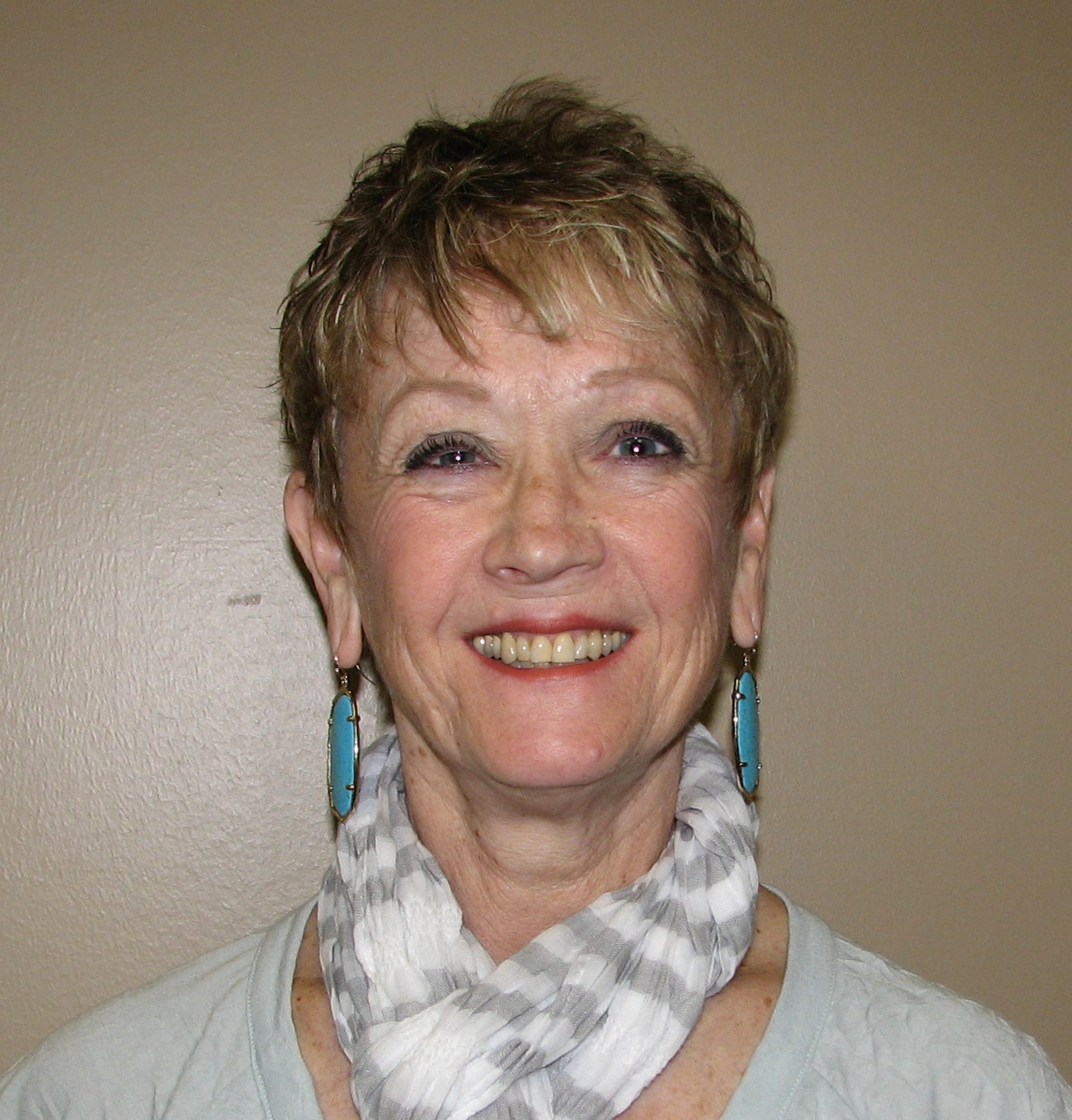 Handel, whose life dates nearly duplicate those of J.S. Bach (1685-1750) could not have lived a more different life than his contemporary. Both were in the employ of people or institutions which dictated the nature and timing of their compositions, yet Handel was a clever manipulator and opportunist, living a sophisticated and privileged life. He cleverly anticipated the tastes and demands of his patrons; Bach, the irascible church musician, not so much. Handel, whose life dates nearly duplicate those of J.S. Bach (1685-1750) could not have lived a more different life than his contemporary. Both were in the employ of people or institutions which dictated the nature and timing of their compositions, yet Handel was a clever manipulator and opportunist, living a sophisticated and privileged life. He cleverly anticipated the tastes and demands of his patrons; Bach, the irascible church musician, not so much. |
| 1:30 – 2:30 p.m. | "Listening for Coyote," Bill Sullivan [Anne Bowden], Kaneko Auditorium
William Sullivan is the author of ten books and numerous articles about Oregon, including a ""Oregon Trails"" feature column for Eugene's Register-Guard. A fifth-generation Oregonian, Sullivan began hiking at the age of five and has been exploring new trails ever since. After studying at Deep Springs College in the California desert, receiving an English degree from Cornell University, and studying linguistics at Germany's Heidelberg University, he earned an M.A. in German literature from the University of Oregon. |
| 2:30 – 3:30 p.m. | "Hiking Oregon's History," Bill Sullivan [Anne Bowden], Kaneko Auditorium Author William L. Sullivan’s slide show takes us on an armchair hiker’s tour of Oregon’s most scenic historic sites. Based on his outdoor guidebook, “Hiking Oregon’s History,” the presentation follows Lewis and Clark’s trail across Tillamook Head and traces Chief Joseph’s trail of tears through Hells Canyon. Expect tips on dramatic hiking trails to fire lookouts, lighthouses, and gold mines, too, mixed in with anecdotes about trailside wildflowers and geology. In short, it’s a glimpse into Oregon’s largest museum -- the great outdoors. |
Thursday, October 12
| 8:30 a.m.- 4:30 p.m. | "Class Field Trip: Fort Vancouver and Pearson Air Museum," [George and Carol Moeller], Vancouver, Washington
Here are the details of the ICL field trip on Thursday, October 12th: • Fort Vancouver and Pearson Air Museum Also, you may wish to note that starting about 9:30AM on Thursday (9/21) we will start taking sign-ups for the field trip before class/lunch, etc.; $20 checks to be made out to WU-ICL. The bus holds 56, so the first 56 to hand in their check will get to go. There will be a wait list for those after the first 56 sign-ups. |
Tuesday, October 17
| 9:00 - 10:30 a.m. | October ICL Board Meeting, Kaneko Conference Room |
| 10:30 a.m.-12:30 p.m. | "Great Decisions: Prospects for Afghanistan and Pakistan," Saghar Sadeghian [Jeanette Flaming], Kaneko Auditorium
Go to www.greatdecisions.org for more information including a download of the glossary.
|
| 1:30 – 3:30 p.m.. | "Music Potpourri," ICL [Solveig Holmquist], Kaneko Auditorium Five ICL members will share some of their favorite music selections with us. This semester we will hear from Denis Williamson, Roger Budke, Betty Kasoff, Carol Moeller, and Jyl McCormack.
Roger Budke: Is There a Difference in Piano Technique between Classical and Jazz Musicians?
Betty Kasoff: Bluegrass: A Uniquely American Style
|
Thursday, October 19
| 10:30 a.m.-12:30 p.m. | "There is No Us, No Them: The Story of Christianity's First, Forgotten Creed," Steve Patterson [Anne Bowden], Kaneko Auditorium
Stephen J. Patterson is the George H. Atkinson Professor of Religious and Ethical Studies at Willamette University. He is the author of nine books, including The Lost Way (Harper, 2014) and most recently The Children of God, scheduled for release this year by Oxford University Press. Dr. Patterson teaches, writes, and lectures on the origins of Christianity, shining the light of history especially on those lost or forgotten texts and traditions worth remembering today. His research and writing have focused on the Gospel of Thomas, "Q", and various aspects of the historical study of Jesus. He is a Fellow of the Jesus Seminar, a group of 150 scholars of early Christianity dedicated to promoting religious literacy among the general public. Patterson holds graduate degrees from Harvard and Claremont and was a Fulbright Fellow in Germany. |
| 1:30 – 2:30 p.m. | "Cataclysms on the Columbia: The Great Missoula Floods," Scott Burns [Bea Epperling/Trevor Jacobson], Kaneko Auditorium
Scott is a Professor Emeritus of Geology and Past-Chair of the Dept. of Geology at Portland State University where he just finished his 27th year of teaching. He has been teaching for 47 years, with past positions in Switzerland, New Zealand, Washington, Colorado and Louisiana. He is a 6th generation Oregonian who grew up in Beaverton and is very happy to be "home" after a 25 year hiatus! Scott specializes in environmental and engineering geology, geomorphology, soils, and Quaternary geology. His BS and MS degrees are from Stanford University in California, plus a Ph.D. in geology from the University of Colorado, Boulder. This is his second visit to ICL. |
| 2:30 – 3:30 p.m. | "The Dynamic Terroir of the Willamette Valley: The Relationship Between Geology, Soil, Climate and Wine," Scott Burns [Bea Epperling/Trevor Jacobson], Kaneko Auditorium Terroir is a French term that is over 400 years old and was used to describe why wines of one area tasted different from wines of another area, even though they were the same variety. It is the “taste of the place”. It is determined by the geology, soil, climate and soil biota. One of the greatest places in the world to taste differences in terroir is the Willamette Valley (wine region of the year for the whole world for 2017 – Wine Enthusiast). The valley grows primarily cool climate grapes like pinot noir, pinot gris, chardonnay, riesling, Muller-Thurgau, and gewurtztraminer. Terroir is best expressed in cool climate grapes like the thin skinned red grape, pinot noir. There are four main geological units, three of which are the main wine producing soils: volcanic soils (Columbia River Basalts and the Jory Soil), marine sediments (sandstones and shales and the Willakenzie Soil), volcanic soils with old silt mixed in (Laurelwood Soil) and the lesser used Missoula Flood deposits (Woodburn Soil). The same winemaker can produce three different wines in the same year with similar clones if different soils are used. Learn how to be an educated wine taster in Oregon by attending this talk. Note: This is a repeat topic by popular demand. |
Tuesday, October 24
| 10:30 a.m.-12:30 p.m. | "Understanding Genetics: DNA and Human Evolution," Professor Jason Duncan [Don Gallagher], Kaneko Auditorium 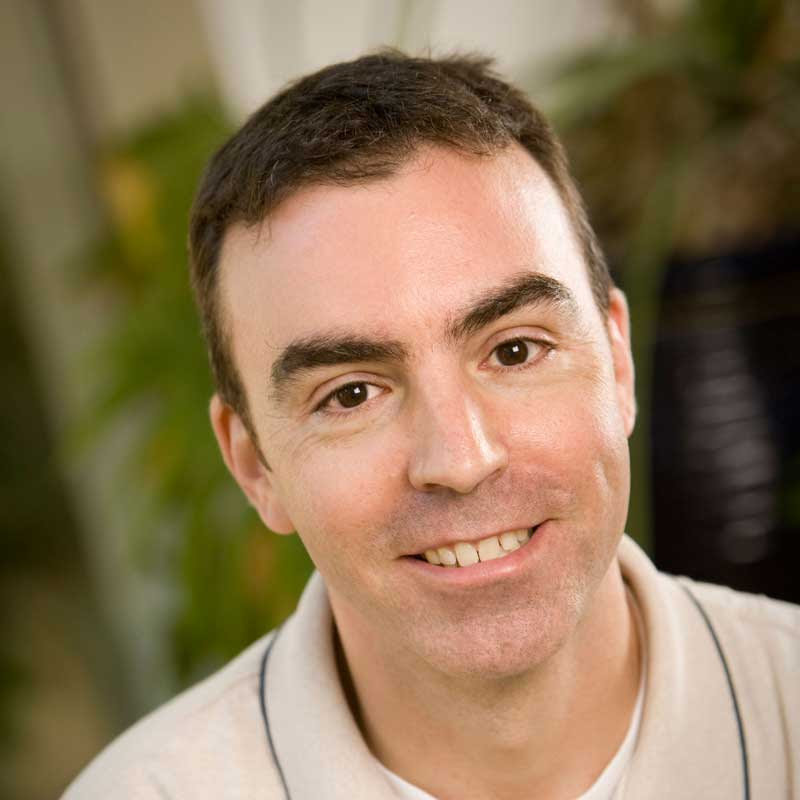 We resume our study of the Understanding Genetics series however this time we will enhance Professor David Sadava's video lecture with a background presentation by Willamette University Associate Professor of Biology Jason Duncan. Dr. Duncan will prepare us for and guide us through the lecture. He will also be available for our post lecture Q and A session. We resume our study of the Understanding Genetics series however this time we will enhance Professor David Sadava's video lecture with a background presentation by Willamette University Associate Professor of Biology Jason Duncan. Dr. Duncan will prepare us for and guide us through the lecture. He will also be available for our post lecture Q and A session.
Lecture 17 discusses several examples of the effects of evolution on humans. Professor Sadava chooses sickle cell disease to illustrate an aspect of natural selection. He shows that even though sickle cell disease is very harmful to the human body under certain circumstances, it can be protective against malaria. We will learn about other genetic diseases which are found in high concentrations in specific population groups due to “population bottlenecks”. Examples include hereditary asthma and “Jewish diseases” including Gaucher disease and Tay-Sachs disease. Molecular clocks are also explained and used to trace evolutionary relationships. Professor Duncan is a Molecular Geneticist and is the current chair of the Department of Biology. |
| 1:30 – 2:30 p.m. | "WU Dance Concert Symbolic Interactions: Giving Voice, Making Space", Bryant Henderson [Deborah Ehlers], ** M. Lee Pelton Theatre Bldg. main stage **
Willamette Presents "Symbolic Interactions: Giving Voice Making Space" from Nov 9-18 in the Lee Pelton Theatre. Artist Director Bryant Henderson will be on hand to introduce the dance to ICL members. Bryant is an Instructor of Dance and Dance Concert Artistic Director at Willamette University. |
| 2:30 – 3:30 p.m. | "The Skeptic's Guide to American History, Video Lecture: Misconceptions about the Original Populists," Professor Mark Stoler [Bob Muir], Kaneko Auditorium
Our lecturer for this Great Courses video course is Dr. Mark Stoler, who holds a Ph.D. in History from the University of Wisconsin and is Professor Emeritus of History at the University of Vermont. |
Thursday, October 26
| 10:30 a.m.-12:30 p.m. | "SCOTUS: The Supreme Court of The United States: A Discussion of Recent Cases and Future Cases," Joan Robinson [ICL], Kaneko Auditorium 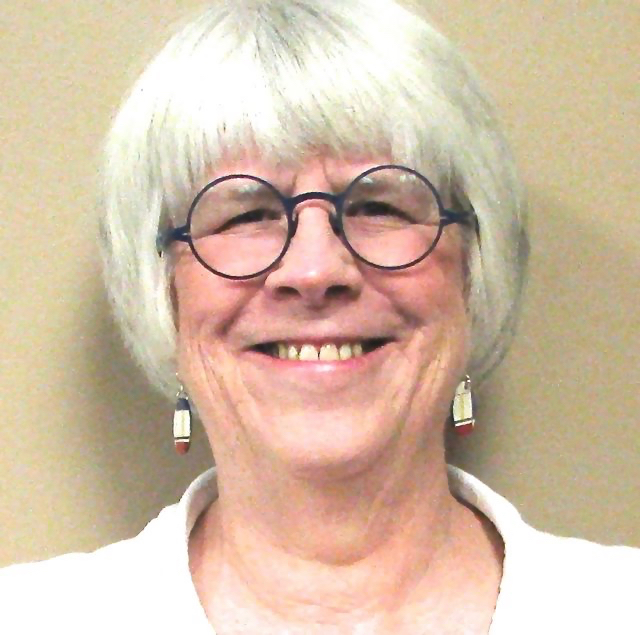 ICL member Joan Robinson will discuss a few cases decided in 2016-2017 term and a few cases that will be argued (and probably decided) in the 2017-2018 term. Joan worked as a lawyer for the Oregon Legislative Assemby for more than 30 years, primarily in the Office of Legislative Counsel. The office is the non-partisan legal office for the legislature, responsible for drafting bills, issuing legal opinions to legislators and legislative committees and editing, compiling and publishing the Oregon Revised Statutes. She holds a JD from Rutgers University School of Law, an MA (Philosophy) from Columbia University and a BA (Philosophy) from Wellesley College. ICL member Joan Robinson will discuss a few cases decided in 2016-2017 term and a few cases that will be argued (and probably decided) in the 2017-2018 term. Joan worked as a lawyer for the Oregon Legislative Assemby for more than 30 years, primarily in the Office of Legislative Counsel. The office is the non-partisan legal office for the legislature, responsible for drafting bills, issuing legal opinions to legislators and legislative committees and editing, compiling and publishing the Oregon Revised Statutes. She holds a JD from Rutgers University School of Law, an MA (Philosophy) from Columbia University and a BA (Philosophy) from Wellesley College. |
| 1:30 – 3:30 p.m. | "Solids and Liquids and Gases, Oh My!: Phases, Phase Transitions, and the Weirdness of Critical Behavior," Charles Williamson [Tom Hibbard], Kaneko Auditorium
In the second session, Professor Williamson will talk about the research he and his students have done using lasers to explore the physical behavior of liquid-liquid mixtures. We will learn about light scattering, and about the unique properties of substances near a special point on a phase diagram called a critical point. Professor Williamson will supplement the presentation with live demonstrations of phase behavior, and relevant side conversations on (i) the inspiration behind Kurt Vonnegut’s novel Cat’s Cradle, (ii) the proper interpretation of Edvard Munch’s painting Der Schrei der Natur, and (iii) the accuracy of De Beers advertising slogan “A diamond is forever”. Professor of Chemistry J. Charles (Chuck) Williamson joined the Willamette University faculty in the fall of 1999. He completed his undergraduate degree in chemistry and physics at Harvey Mudd College, and obtained his doctorate from the California Institute of Technology working with Nobel Laureate Ahmed Zewail. At Willamette he teaches general chemistry, physical chemistry, and experimental chemistry, and he mentors senior and summer undergraduate research students. He received the Jerry E. Hudson Award for Outstanding Teaching in 2016, and he is co-director of Willamette’s Science Collaborative Research Program. |
Tuesday, October 31
| 9:00 - 10:15 a.m. | Halloween Coffee, ** Montag Den ** ICL will provide the coffee, tea, and water. Members with last names beginning with A – M, please bring a Yummy to share. |
| 10:30 - 11:30 a.m. | "Music as a Mirror of History, Video Lecture: Mozart: The Abduction from the Harem (1782)," Dr. Robert Greenberg [Solveig Holmquist]", Kaneko Auditorium
|
| 11:30 a.m.-12:30 p.m. | "Music for Hallowe'en!," Solveig Holmquist [ICL], Kaneko Auditorium 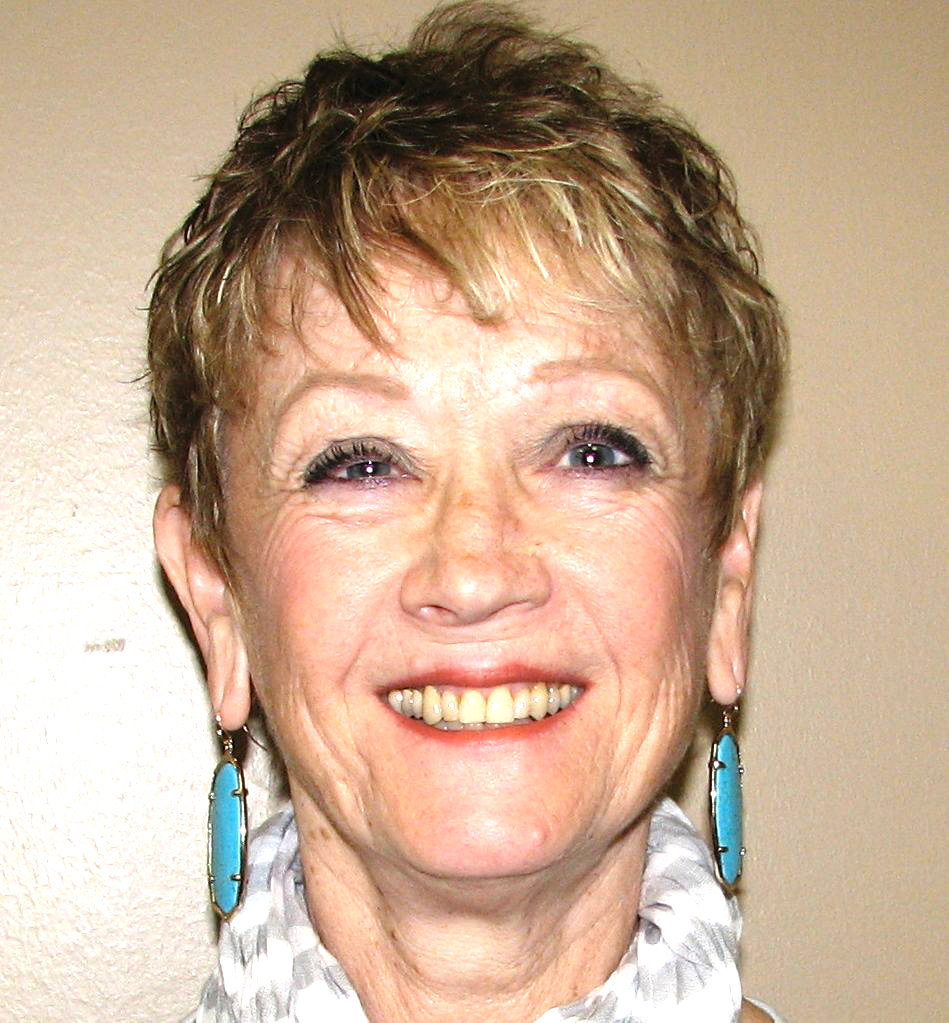 Description TBA Description TBA |
| 1:30 – 2:30 p.m. | "Computer 101 for Members: Website Overview and "How-to's," David MacMillan [ICL], Kaneko Auditorium
Dave has been an ICL member since January 2012 and is currently on the ICL Board in the position of Director of Technical Services. A graduate of U. of Toledo, in Ohio, with a B. Ed, Dave pulled up stakes and moved to Oregon in late 1978. He was employed by the City of Salem and the state of Oregon, most recently the Oregon Water Resources Dept., IT Section. That ended in July , 2011 when he retired. Dave lives close to WU with his wife, Lois, and still complains that there is not enough time in the day. They have one married son in Eugene. |
| 2:30 – 3:30 p.m. | "Dealing with Tyranny: Might a Review of Recent History Help?," Don Gallagher [ICL], Kaneko Auditorium
From On Tyranny : “The Founding Fathers tried to protect us from the threat they knew, the tyranny that overcame ancient democracy. Today, our political order faces new threats, not unlike the totalitarianism of the twentieth century. We are no wiser than the Europeans who saw democracy yield to fascism, Nazism, or communism. Our one advantage is that we might learn from their experience." |


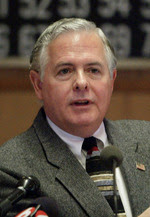 The Oregon Shipping Group is an advocacy organization which supports the revitalization and development of road, rail, and marine shipping systems and capabilities in Oregon to move freight into, through, and out of Oregon. Such shipping systems must be reliable, predictable, cost-efficient, safe, and environmentally sensitive. New and expanded shipping systems should reduce the carbon footprint of shipping activity, reduce road traffic congestion, and enhance road safety, while at the same time helping Oregon businesses to be cost-competitive.
The Oregon Shipping Group is an advocacy organization which supports the revitalization and development of road, rail, and marine shipping systems and capabilities in Oregon to move freight into, through, and out of Oregon. Such shipping systems must be reliable, predictable, cost-efficient, safe, and environmentally sensitive. New and expanded shipping systems should reduce the carbon footprint of shipping activity, reduce road traffic congestion, and enhance road safety, while at the same time helping Oregon businesses to be cost-competitive.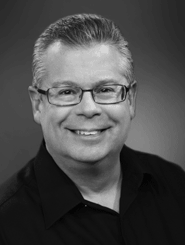 Today we begin a new series from Professor Greenberg, entitled "MUSIC AS A MIRROR OF HISTORY." Each followup hour will expand on an aspect of this lecture. Any artistic creation -- a poem, a painting, or a symphony -- is a reflection of its creator, who in turn is shaped by the environment in which he or she lives. Of course, this environment includes contemporary historical events, which may influence or inspire the creation of art. In this course, we'll specifically explore music written in response to historical events and the connections between composers and the events they experienced.
Today we begin a new series from Professor Greenberg, entitled "MUSIC AS A MIRROR OF HISTORY." Each followup hour will expand on an aspect of this lecture. Any artistic creation -- a poem, a painting, or a symphony -- is a reflection of its creator, who in turn is shaped by the environment in which he or she lives. Of course, this environment includes contemporary historical events, which may influence or inspire the creation of art. In this course, we'll specifically explore music written in response to historical events and the connections between composers and the events they experienced.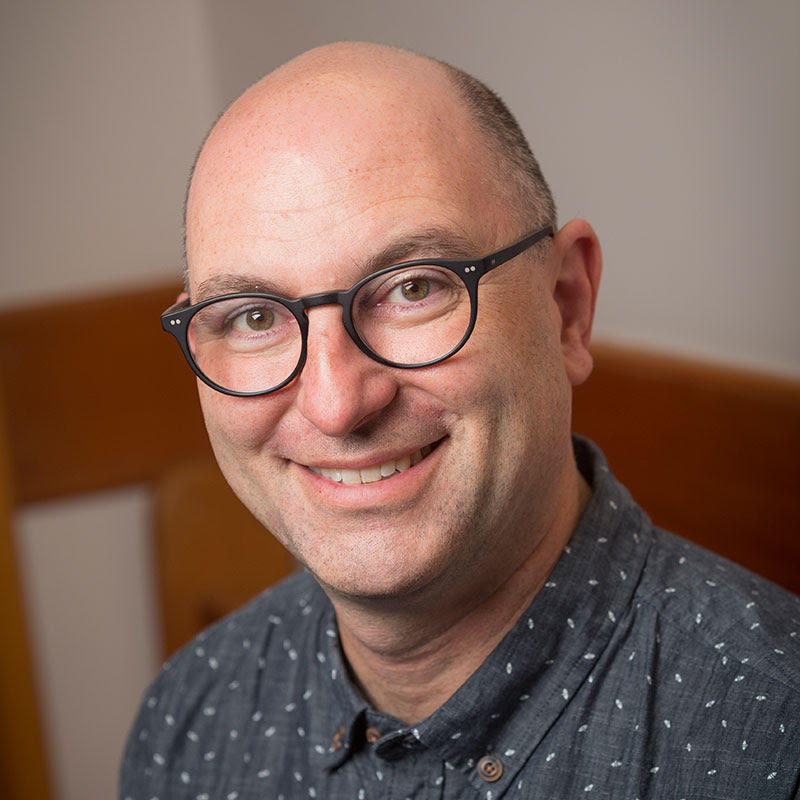
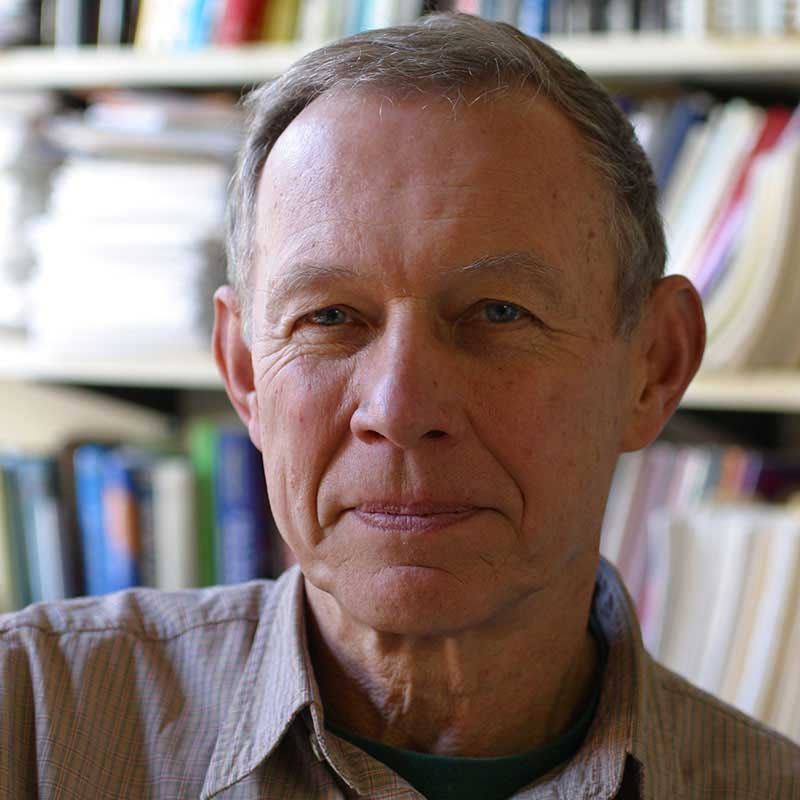 We begin with the early Greeks, including Aristotle (384-322 bce), who believed in the perfection of celestial physics and that the heavenly bodies moved with uniform circular motion about the earth as center. Later Hipparchus (190-125 bce) and Ptolemy (90-165 ce) incorporated eccentricities and epicycles to account for observed anomalies that contradicted perfect circular motion of the planets. Their theories, kept alive by Arabic scientists, continued for hundreds of years allowing predictions of astronomical phenomena such as the timing of seasons and lunar eclipses.
We begin with the early Greeks, including Aristotle (384-322 bce), who believed in the perfection of celestial physics and that the heavenly bodies moved with uniform circular motion about the earth as center. Later Hipparchus (190-125 bce) and Ptolemy (90-165 ce) incorporated eccentricities and epicycles to account for observed anomalies that contradicted perfect circular motion of the planets. Their theories, kept alive by Arabic scientists, continued for hundreds of years allowing predictions of astronomical phenomena such as the timing of seasons and lunar eclipses.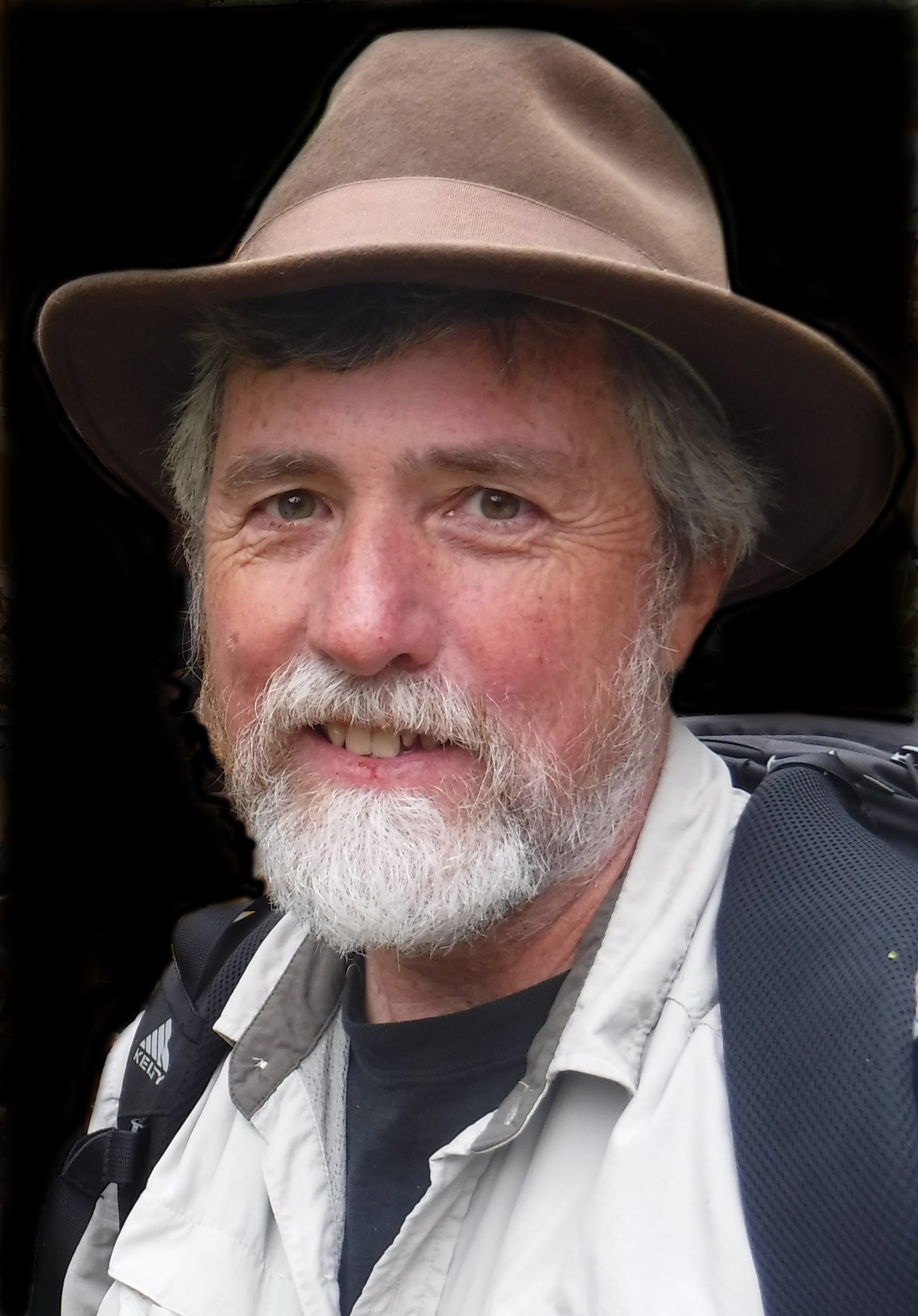 In 1985 Sullivan set out to investigate Oregon's wilderness on a 1,361-mile solo backpacking trek from the state's westernmost shore at Cape Blanco to Oregon's easternmost point in Hells Canyon. His journal of that two-month adventure, published as Listening for Coyote, was chosen in by the Oregon Cultural Heritage Commission in 2005 as one of the 100 most significant books in Oregon's history.
In 1985 Sullivan set out to investigate Oregon's wilderness on a 1,361-mile solo backpacking trek from the state's westernmost shore at Cape Blanco to Oregon's easternmost point in Hells Canyon. His journal of that two-month adventure, published as Listening for Coyote, was chosen in by the Oregon Cultural Heritage Commission in 2005 as one of the 100 most significant books in Oregon's history.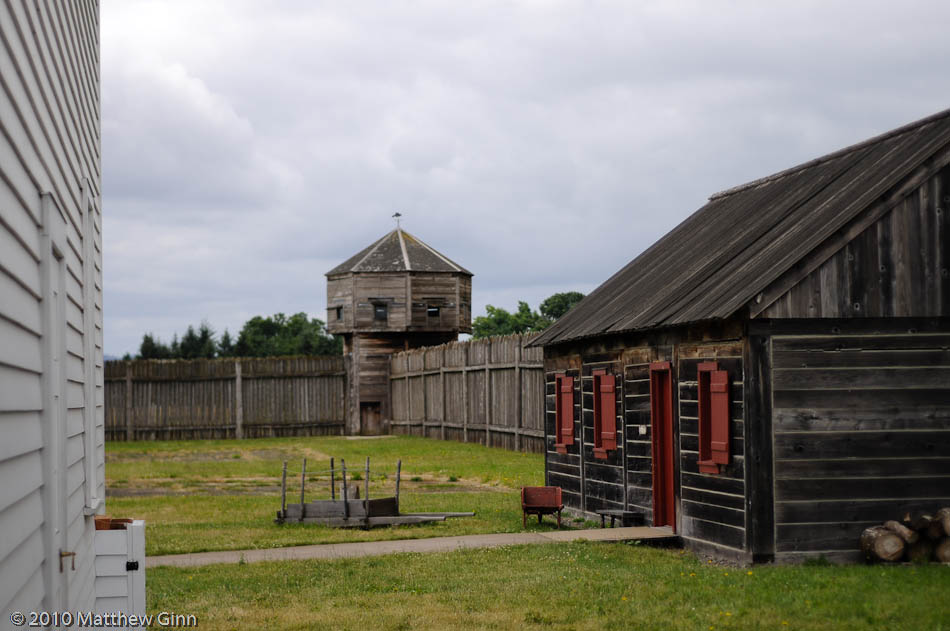
 Major internal conflict has plagued Afghanistan for four decades. The U.S., for its part, has conducted military operations in the country nearly continuously since 9/11. Today, war with the Taliban persists, and tensions between the US. and Pakistan have gradually deteriorated. As his time in office drew to a close, President Obama limited further withdrawal of U.S trips from Afghanistan. The current administration has a choice: will it maintain the status quo, completely reverse the Obama administration drawdown or withdraw completely? Does the U.S. face a no win situation in Afghanistan and Pakistan?
Major internal conflict has plagued Afghanistan for four decades. The U.S., for its part, has conducted military operations in the country nearly continuously since 9/11. Today, war with the Taliban persists, and tensions between the US. and Pakistan have gradually deteriorated. As his time in office drew to a close, President Obama limited further withdrawal of U.S trips from Afghanistan. The current administration has a choice: will it maintain the status quo, completely reverse the Obama administration drawdown or withdraw completely? Does the U.S. face a no win situation in Afghanistan and Pakistan?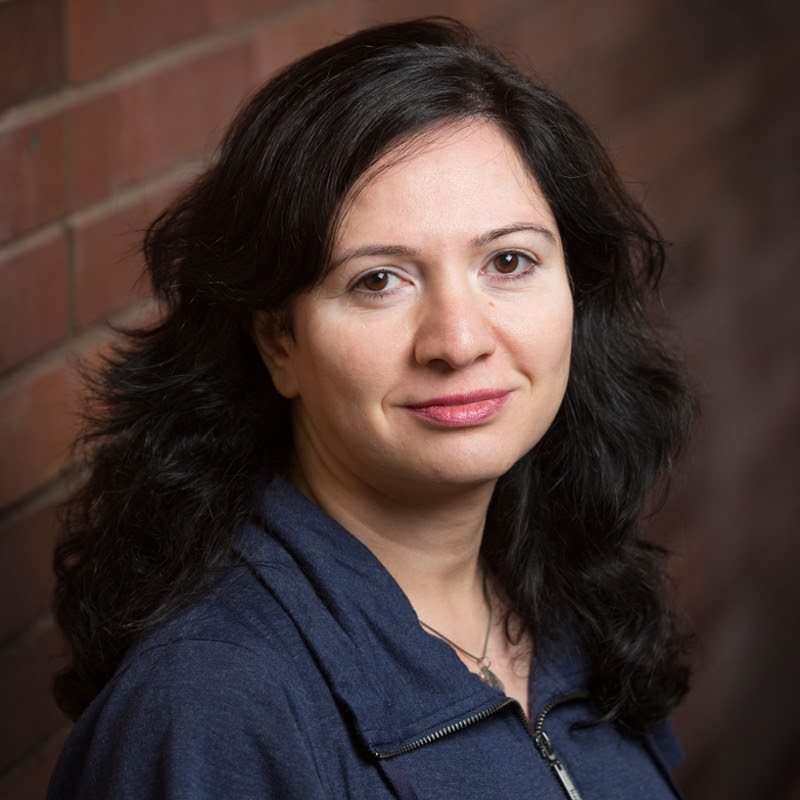 Dr. Saghar Sadeghian will be our presenter. She is in her 2nd year at Willamette and is an Assistant Professor of History. She received her undergraduate education at an underground Baha’i university in Iran as Baha’is are not allowed to enter universities in this country. She received her Masters in the U.K., at Lancaster University; and her PhD from the University of New Sorbonne, Paris 3. She was a Postdoctoral Associate (2014-2015) and received the Rice Faculty Fellowship (2015-2016) from the MacMillan Center, Yale University.
Dr. Saghar Sadeghian will be our presenter. She is in her 2nd year at Willamette and is an Assistant Professor of History. She received her undergraduate education at an underground Baha’i university in Iran as Baha’is are not allowed to enter universities in this country. She received her Masters in the U.K., at Lancaster University; and her PhD from the University of New Sorbonne, Paris 3. She was a Postdoctoral Associate (2014-2015) and received the Rice Faculty Fellowship (2015-2016) from the MacMillan Center, Yale University.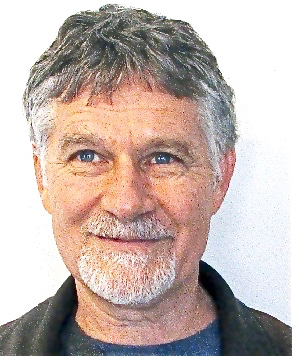 Denis Williamson: The Cello in Old and New Contexts
Denis Williamson: The Cello in Old and New Contexts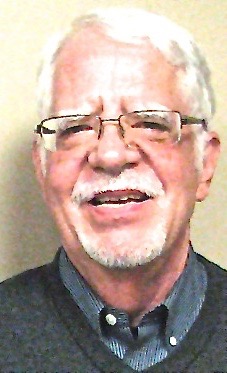
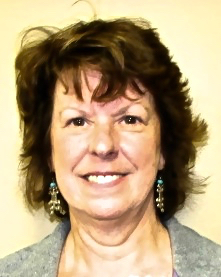 Carol Moeller: Examining Folk Music
Carol Moeller: Examining Folk Music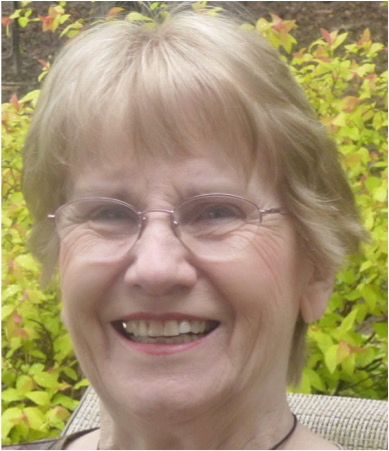 Jyl McCormick: Eartha Kitt
Jyl McCormick: Eartha Kitt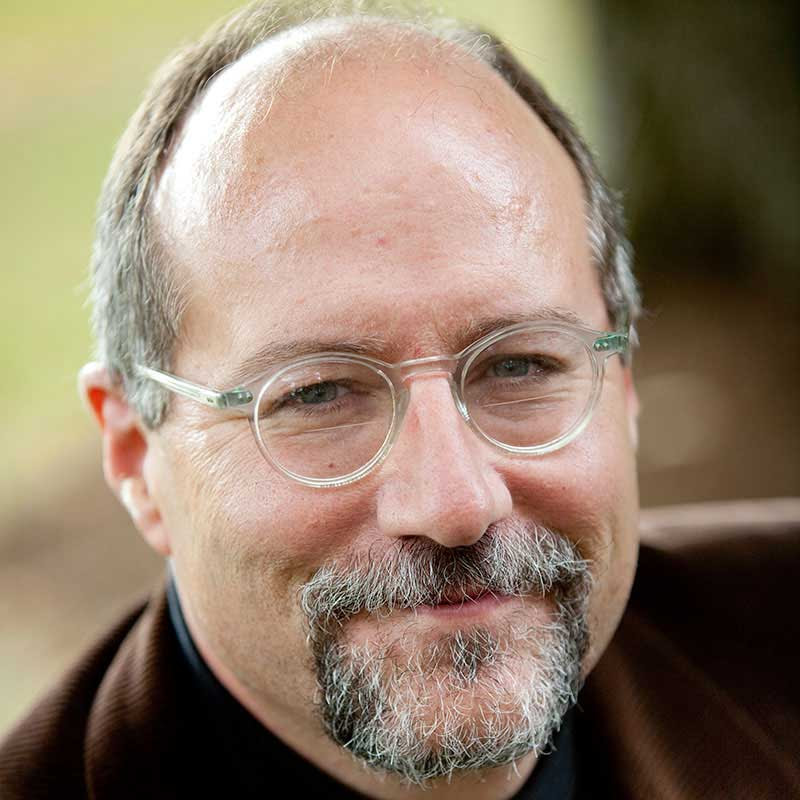 Before Christians began talking about what they believed about God, Christ, sin and salvation they were having another conversation--about race, class, and gender. Their claim, now long forgotten, was that race, class, and gender simply do not exist. They are conceits by which human beings divide themselves one from another. Prof. Patterson's research is about the first Christian creed, which claimed that there is no Jew or Greek, slave or free, male and female.
Before Christians began talking about what they believed about God, Christ, sin and salvation they were having another conversation--about race, class, and gender. Their claim, now long forgotten, was that race, class, and gender simply do not exist. They are conceits by which human beings divide themselves one from another. Prof. Patterson's research is about the first Christian creed, which claimed that there is no Jew or Greek, slave or free, male and female.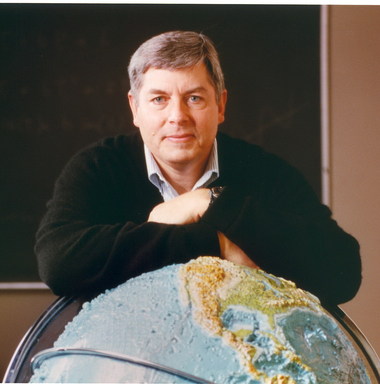 One of the greatest set of geological events to ever have occurred in North America was given the name, the Missoula Floods. The talk will focus on the incredible story of discovery and development of the idea of the floods by J Harlen Bretz and then will discuss the effect of the floods on the development of the landscape of 16,000 square miles of the Pacific Northwest. The floods occurred between 15,000 and 18,000 years ago.
One of the greatest set of geological events to ever have occurred in North America was given the name, the Missoula Floods. The talk will focus on the incredible story of discovery and development of the idea of the floods by J Harlen Bretz and then will discuss the effect of the floods on the development of the landscape of 16,000 square miles of the Pacific Northwest. The floods occurred between 15,000 and 18,000 years ago.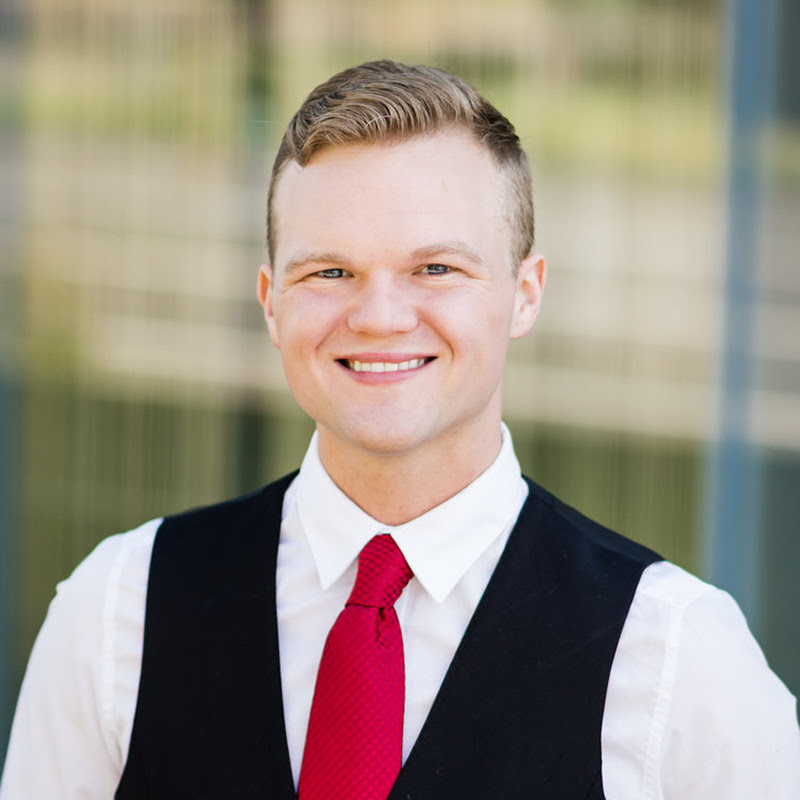 Theories regarding power, symbolism, gesture, and human interaction inspire this year’s dance concert as we explore social complacency and complicity through kinetic exploration. Innovative and provocative new works by faculty and students bring awareness to inequities and injustices, as well as celebrate positive triumphs, through artfully physicalized performances.
Theories regarding power, symbolism, gesture, and human interaction inspire this year’s dance concert as we explore social complacency and complicity through kinetic exploration. Innovative and provocative new works by faculty and students bring awareness to inequities and injustices, as well as celebrate positive triumphs, through artfully physicalized performances.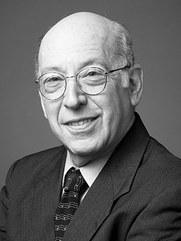 Analyzing the Populist Party movement of the 1890s to determine what links it may have to later movements and leaders described as "populist".
Analyzing the Populist Party movement of the 1890s to determine what links it may have to later movements and leaders described as "populist".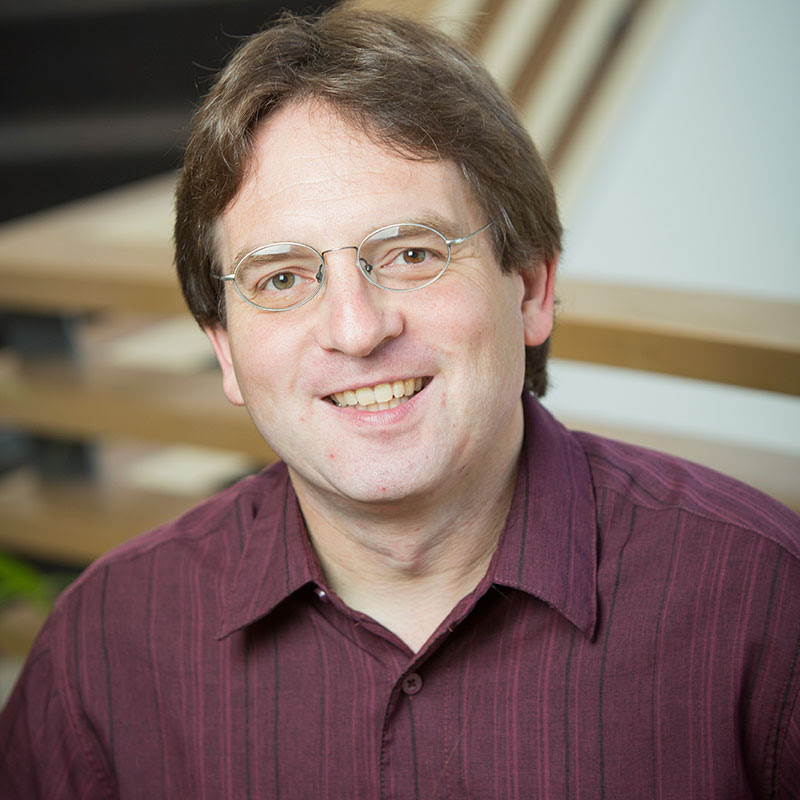 The subject of chemistry is most commonly associated with chemical reactions: how stuff reacts and changes to become other stuff. Chemists are also interested in the physical behavior of matter – the form stuff takes, and how stuff mixes with other stuff without reacting. In the first session, Professor Williamson will provide an overview of the phase behaviors of matter. We will learn about phase diagrams, which show how a substance’s form (solid, liquid, or gas) depends on pressure and temperature. We will also learn about the remarkably complex behavior that can take place by simply mixing two substances together.
The subject of chemistry is most commonly associated with chemical reactions: how stuff reacts and changes to become other stuff. Chemists are also interested in the physical behavior of matter – the form stuff takes, and how stuff mixes with other stuff without reacting. In the first session, Professor Williamson will provide an overview of the phase behaviors of matter. We will learn about phase diagrams, which show how a substance’s form (solid, liquid, or gas) depends on pressure and temperature. We will also learn about the remarkably complex behavior that can take place by simply mixing two substances together.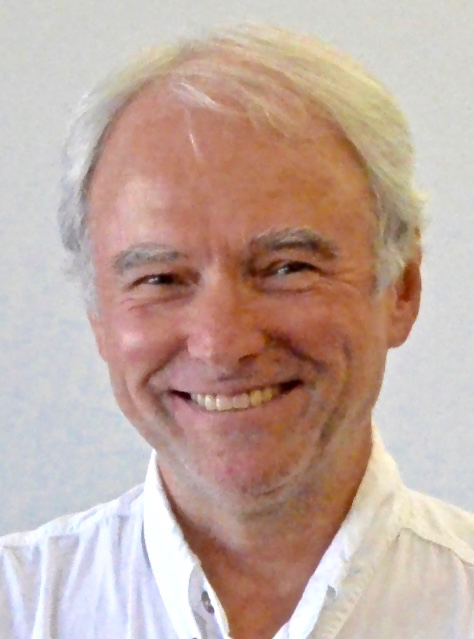 Webpage and Technical information for new members; new info and review for all members. Topics include: ICL privileges; Campus Cards; WU Wi-Fi and Email accounts; Where to find things on Willamette's website; ICL on WU's website - What's there? If time permits: Printing on campus; Printing from anywhere with internet connection; Printing from phone; Google Docs and Reports (spreadsheets).
Webpage and Technical information for new members; new info and review for all members. Topics include: ICL privileges; Campus Cards; WU Wi-Fi and Email accounts; Where to find things on Willamette's website; ICL on WU's website - What's there? If time permits: Printing on campus; Printing from anywhere with internet connection; Printing from phone; Google Docs and Reports (spreadsheets).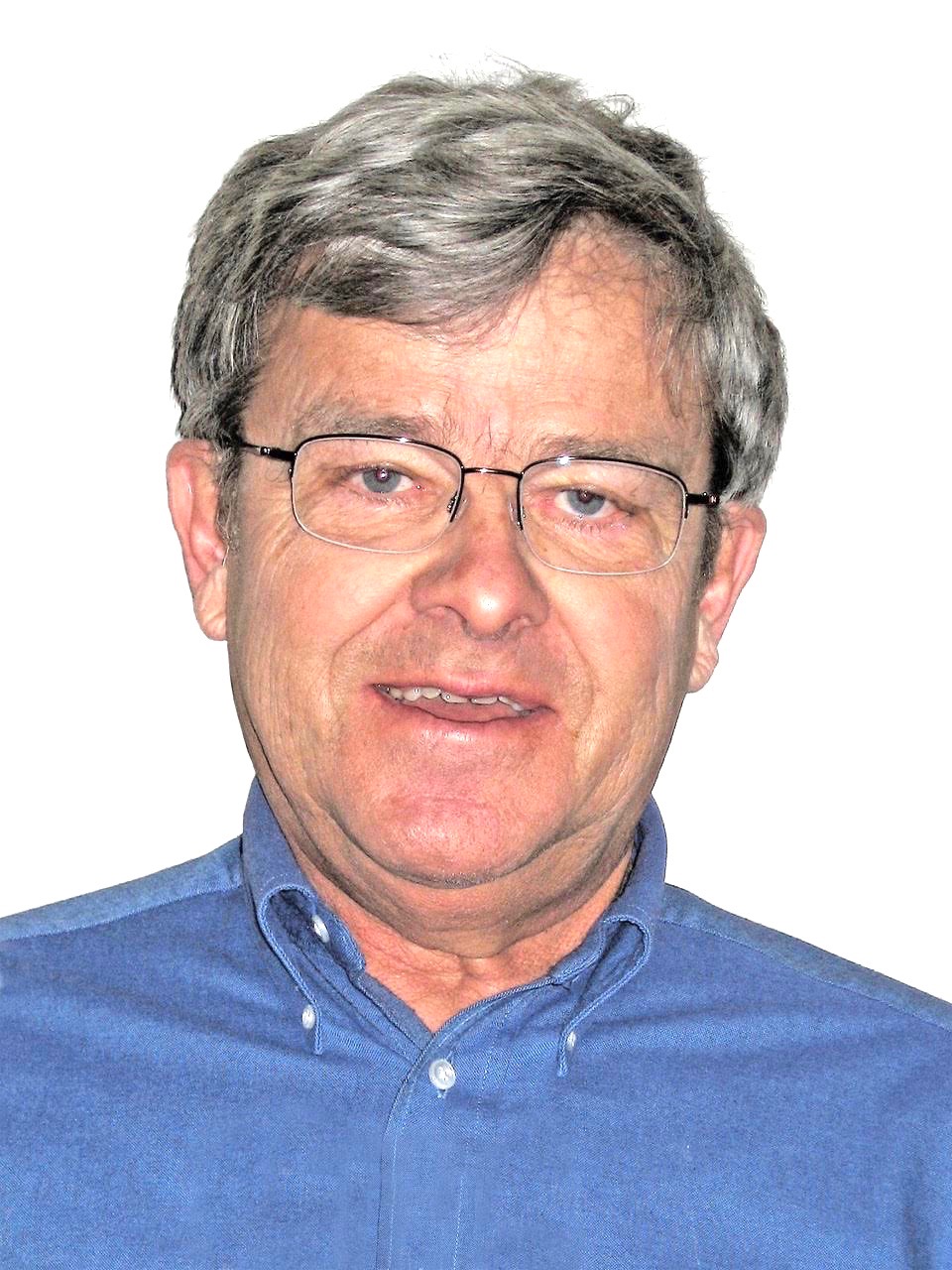 Does it feel to you that things just aren’t right in this country? Are you troubled that our democracy is under threat for the first time in our generation?
Does it feel to you that things just aren’t right in this country? Are you troubled that our democracy is under threat for the first time in our generation?